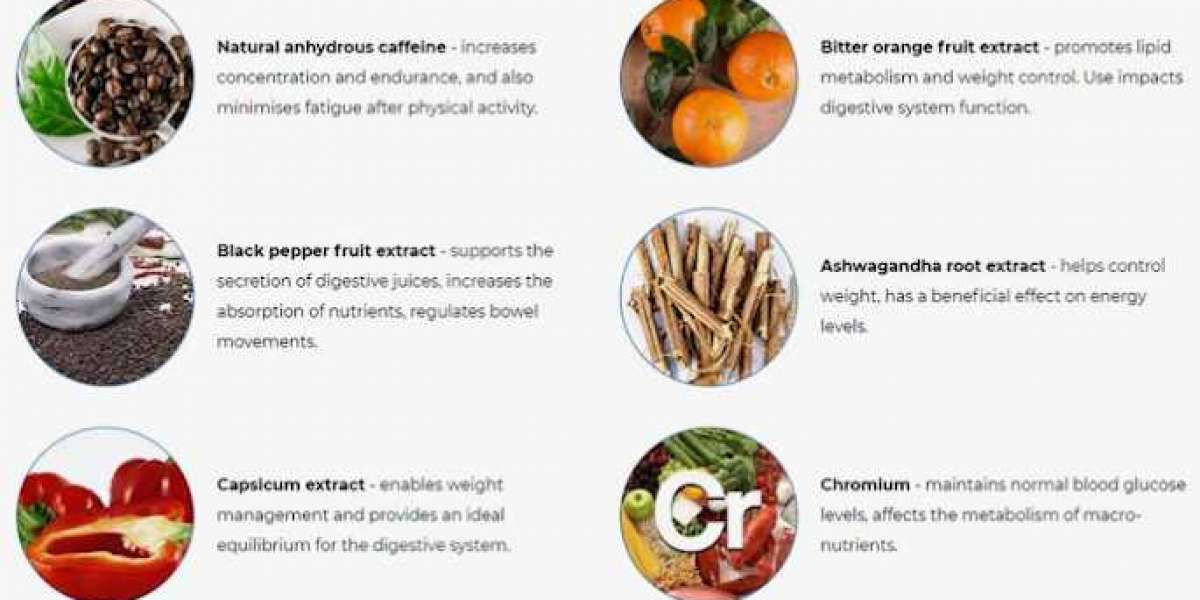Nursing is a profession that requires a profound dedication to caring for others. It is a field that demands both technical expertise and deep empathy, blending scientific knowledge with the compassionate care essential for healing. The role of a nurse is diverse and multifaceted, encompassing a wide range of responsibilities that contribute to the overall well-being of patients.
Nurses are often the primary caregivers in medical settings, responsible for monitoring patients' conditions, administering medications, and performing diagnostic tests. Their role extends beyond mere clinical tasks; they are crucial in interpreting medical data and collaborating with physicians and other healthcare professionals to develop and implement treatment plans. This collaborative approach ensures that patients receive comprehensive care tailored to their individual needs. The ability to work effectively as part of a team is fundamental to nursing, requiring excellent communication skills and a deep understanding of medical protocols.
One of the unique aspects of nursing is the continuous interaction with patients and their families. Nurses are often the first point of contact for patients, providing not only medical care but also emotional support. They play a critical role in educating patients about their health conditions and the steps they need to take to manage their health. This educational aspect of nursing is vital for promoting long-term health and preventing complications. By empowering patients with knowledge, nurses help them take an active role in their own care, leading to better health outcomes.
The emotional aspect of nursing cannot be understated. Nurses in NURS FPX frequently encounter patients who are experiencing significant pain, fear, or uncertainty. They must provide comfort and reassurance, often in highly stressful situations. This requires a high level of emotional intelligence and the ability to remain calm and composed under pressure. Nurses must balance compassion with professionalism, offering support without becoming overwhelmed by the emotional demands of the job. This emotional labor is a significant part of nursing, contributing to the overall well-being of patients and their families.
Nursing also involves a strong commitment to ethical principles. Nurses must adhere to a code of ethics that emphasizes patient autonomy, confidentiality, and the provision of care without discrimination. They often face complex ethical dilemmas, such as decisions about end-of-life care or the allocation of limited resources. Navigating these challenges requires a deep sense of integrity and a commitment to doing what is best for the patient. Ethical practice is central to nursing, ensuring that patients are treated with respect and dignity.
The field of nursing is constantly evolving, with new research, technologies, and treatment methods emerging regularly. This dynamic nature of healthcare requires nurses to engage in continuous learning and professional development. Staying updated with the latest advancements in medical science is crucial for providing the best possible care. Many nurses pursue advanced degrees or specialized certifications to enhance their skills and advance their careers. This ongoing education helps nurses remain at the forefront of healthcare, equipped with the knowledge and skills needed to meet the changing needs of patients.
In addition to clinical and emotional care, nurses also play a vital role in public health and disease prevention. They participate in community health initiatives, conduct health screenings, and educate the public about healthy lifestyles and preventive measures. This proactive approach to health helps to reduce the incidence of chronic diseases and improve the overall health of communities. By addressing health issues at the community level, nurses contribute to a healthier population and a more efficient healthcare system.
Nurses often work in challenging environments, including emergency rooms, intensive care units, and disaster response teams. These settings require the ability to make quick decisions and perform under intense pressure. The capacity to stay focused and provide high-quality care in these situations is a hallmark of the nursing profession. This resilience is crucial for managing the demands of the job and ensuring that patients receive the care they need, even in the most difficult circumstances.
The importance of nursing has been particularly highlighted during the COVID-19 pandemic. Nurses have been on the front lines, providing critical care to patients with severe respiratory conditions and other complications related to the virus. Their role has been essential in managing the surge of patients, providing care under challenging conditions, and supporting patients and families through the crisis. The pandemic has underscored the vital contributions of nurses and the need for adequate support and resources to enable them to perform their duties effectively.
Despite the significant contributions of nurses, the profession faces several challenges. Staffing shortages, high levels of stress and burnout, and the need for better working conditions are ongoing issues. Addressing these challenges is essential for ensuring that nurses can continue to provide high-quality care. Efforts to improve staffing ratios, provide mental health support, and recognize the contributions of nurses are crucial for the sustainability of the profession. By addressing these issues, the healthcare system can support nurses in their vital roles and ensure that patients receive the best possible care.
Nursing is a profession that offers a profound sense of fulfillment. The ability to make a positive impact on people's lives, to provide care and support during times of need, and to contribute to the health and well-being of individuals and communities is deeply rewarding. Many nurses describe a sense of calling to the profession, driven by a desire to help others and make a difference. This intrinsic motivation is a powerful force that sustains nurses through the challenges of the job.
Looking to the future, nursing holds many opportunities for growth and innovation. Advances in technology, such as telehealth and electronic health records, are transforming the way care is delivered. These technologies provide new tools for monitoring patients, improving communication, and enhancing the efficiency of care. Additionally, there is a growing recognition of the importance of nursing in healthcare leadership. Nurses are increasingly being included in decision-making processes, where their insights and expertise can help shape policies and practices to improve patient care and outcomes.
In conclusion, nursing is a dynamic and essential profession that encompasses a wide range of roles and responsibilities. It requires a unique blend of scientific knowledge, technical skills, and compassionate care. Nurses are critical to the healthcare system, providing direct patient care, advocating for patients, educating individuals and communities, and collaborating with other healthcare professionals. Despite the challenges, nursing is a deeply rewarding profession that offers the opportunity to make a significant difference in people's lives. As the healthcare landscape continues to evolve, the role of nurses will remain central to ensuring the health and well-being of individuals and communities.







